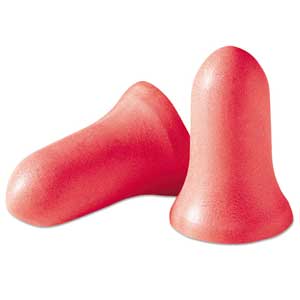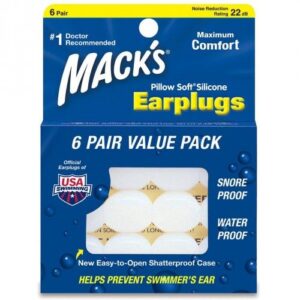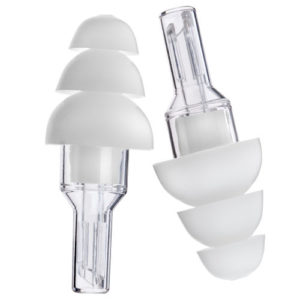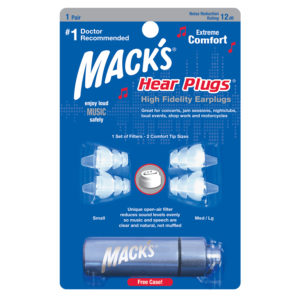Hearing loss is an invisible condition that affects millions of people in the UK, impacting their health, wellbeing, and quality of life. Recent statistics show that 17% of adults in Britain, or 11 million people, have some degree of hearing loss. This figure is expected to rise to 20% by 2025 as the population ages. Unfortunately, many people are unaware of the detrimental effects that even mild hearing impairment can have. In this blog post, we’ll explore how hearing loss impacts people’s lives and recommend some simple solutions to help protect your hearing.
The Loneliness of Hearing Loss
One of the most common and devastating effects of hearing loss is increased loneliness and isolation. Struggling to follow conversations, especially in noisy environments, causes people to withdraw socially. They stop participating in group activities, avoid going out to restaurants or events, and retreat into solitary activities. This isolation can lead to depression, with hearing-impaired individuals twice as likely to develop depressive symptoms compared to the general populace. The condition also doubles the risk of developing dementia. Healthy social interaction is vital for cognitive function and emotional wellbeing. Hearing loss deprives people of this needed stimulation.
Strain on Relationships
In addition to increased loneliness, hearing impairment also puts a strain on people’s closest relationships. Family members, partners, and friends often feel upset and rejected when conversations breakdown. Misunderstandings arise easily when someone can’t follow what’s being said. Relationships require good communication, so hearing loss can introduce friction and discomfort into once effortless interactions. Partners of people with hearing loss report increased levels of anxiety, tension, and fatigue resulting from constant communication difficulties.
Impacts on Work Life
Hearing loss also negatively impacts people’s working lives. Even mild hearing impairment makes it harder to engage in meetings, collaborate effectively, give presentations, and chat with coworkers. This leads to loss of productivity, difficulties with career advancement, and an increased likelihood of early retirement. Age-related hearing loss is one of the top reported disabilities amongst workers aged 55-65. Providing accommodations like assistive listening devices can help employees continue to contribute their skills and experience.
Protecting Your Hearing
The good news is that taking simple precautions can help protect your hearing and avoid these detrimental effects. Here are some disposable earplugs worth trying if you’re regularly exposed to potentially damaging noise levels:
Howard Leight MAX Disposable Foam Earplugs
These polyurethane foam plugs have a tapered shape that fits easily into the ear canal. The closed-cell foam structure effectively blocks noises up to 32 decibels. The smooth, soil-resistant surface prevents dirt buildup.
3M E-A-Rsoft Yellow Neons Earplugs
These low-pressure earplugs sit just inside the ear for comfortable long-term wear. Their pliable material and tapered shape mold to the unique contours of each ear. With an NRR of 33 decibels, they’re ideal for concert venues or construction sites.
Mack’s Pillow Soft Silicone Earplugs
The soft moulded silicone material on these plugs provides a seal without pressure points. The surface has a matte finish that resists grime accumulation. They come with a plastic carrying case for clean storage between uses.
Musician’s Earplugs
Designed for musicians, these earplugs use medical-grade silicone wrapped around a polyurethane acoustic filter to attenuate sound evenly across all frequencies. This provides natural sound quality at lower volumes, ideal for maintaining music fidelity.
Hear Plugs High Fidelity Earplugs
With an NRR of 12 decibels, these are the best earplugs for slightly loud environments like clubs or theatres. The attenuating filters reduce volume while maintaining sound clarity, making conversations easier and music still enjoyable. The low-profile design is nearly invisible when worn.
Protecting your hearing health is crucial for your overall wellbeing and quality of life. Be proactive against age-related or noise-induced hearing loss by wearing protective earplugs whenever you’re exposed to potentially hazardous noise levels. Your future self will thank you.
Photo by Anthony Cunningham for Zoom Health
Zoom Health is a leading UK supplier of Home Health Tests and Earplugs










